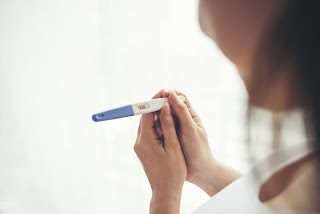
The absence of menstruation is one of the most typical early indicators of pregnancy. But, as all women know, it's not that easy. There are several non-obvious indicators that could mean you're pregnant, that it's that "time of the month" or even that something else could be going on.
PMS vs pregnancy symptoms have some unique differences, but some of these variations can be extremely minor and differ from woman to woman.
Whether you're worried about having a child or not, asking them can be stressful. Here are some ways to identify the differences:
Similar symptoms
The early symptoms of pregnancy and premenstrual syndrome may resemble each other, but they also differ from woman to woman. Listed below are some of the typical related symptoms that women experience:
- Breast tenderness.
- Increased urination.
- Mood changes.
- Fatigue.
- Constipation.
- Headaches.
- Bloating.
- Food cravings.
PMS-specific symptoms
PMS symptoms can be physical, behavioral or emotional and appear in the second part of a woman's cycle.
Each month, women may have mild symptoms such as breast discomfort (also known as cyclic mastalgia), exhaustion, bloating and low mood. If symptoms are worse, it could be premenstrual dysphoric disorder, or PMDD, a more severe form of PMS.
Pregnancy-specific symptoms
While PMS can make your breasts ache, in early pregnancy they can also be tender. You may also be quite exhausted. The main difference between the two is that pregnancy prevents you from getting your period.
Vomiting and nausea are specific symptoms of pregnancy that are usually absent in premenstrual syndrome. Nausea experienced in the first 12 weeks of pregnancy usually disappears.
If you want to learn more about PMS and pregnancy, we recommend that you visit Holief's website.


